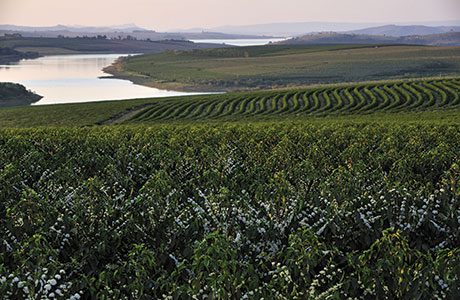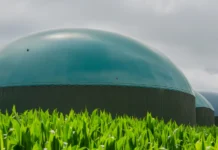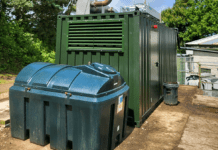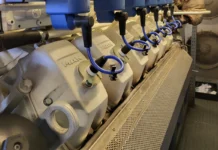
A four-year project to evaluate the generation of energy from coffee wastewater in Latin America has demonstrated a number of benefits: Not only energy savings but also reductions in pollution, deforestation and water usage, among other things.
Undertaken by UTZ Certified, a producer of coffee, cocoa and tea products, the Energy from Coffee Wastewater project began in 2010, running pilot installations at farms in Nicaragua, Honduras and Guatemala. Each site was fitted with customised coffee wastewater treatment systems and solid-waste treatment mechanisms, according to a recent report in Renewable Energy Focus.
Coffee processing uses a lot of energy and is also a producer of pulp and wastewater with large amounts of organic matter with substantial potential to cause eutrophication in waterways if discharged without treatment. In Latin America coffee production commonly employs the “wet method” process, with the resultant pulp and residual water having a chemical oxygen demand (COD) value of between 18,000 and 30,000 mg/l.
At one of the pilot sites, in Diriamba, Nicaragua, run by Nicraguan coffee exporter CISA, operators were reportedly able to generate 200,000 kW of power from the biogas produced by the wastewater. Gilberto Monterrey, technical director of the biogas plant, said this amounted to savings of $40,000 annually. He said the pilot wastewater management process supported more efficient treatment, resulting in less polliution. On top of that, the new facility requires less water to wash the coffee, getting this down to less than 66,000 gallons per year.
At another pilot site, El Polo, a cooperative of smallholders who process their coffee themselves, the treatment systems had environmental benefits both in terms of reductions in pollutant levels to waterways and in terms of reduced deforestation levels, with there being less need for locals to obtain firewood for food preparation.







